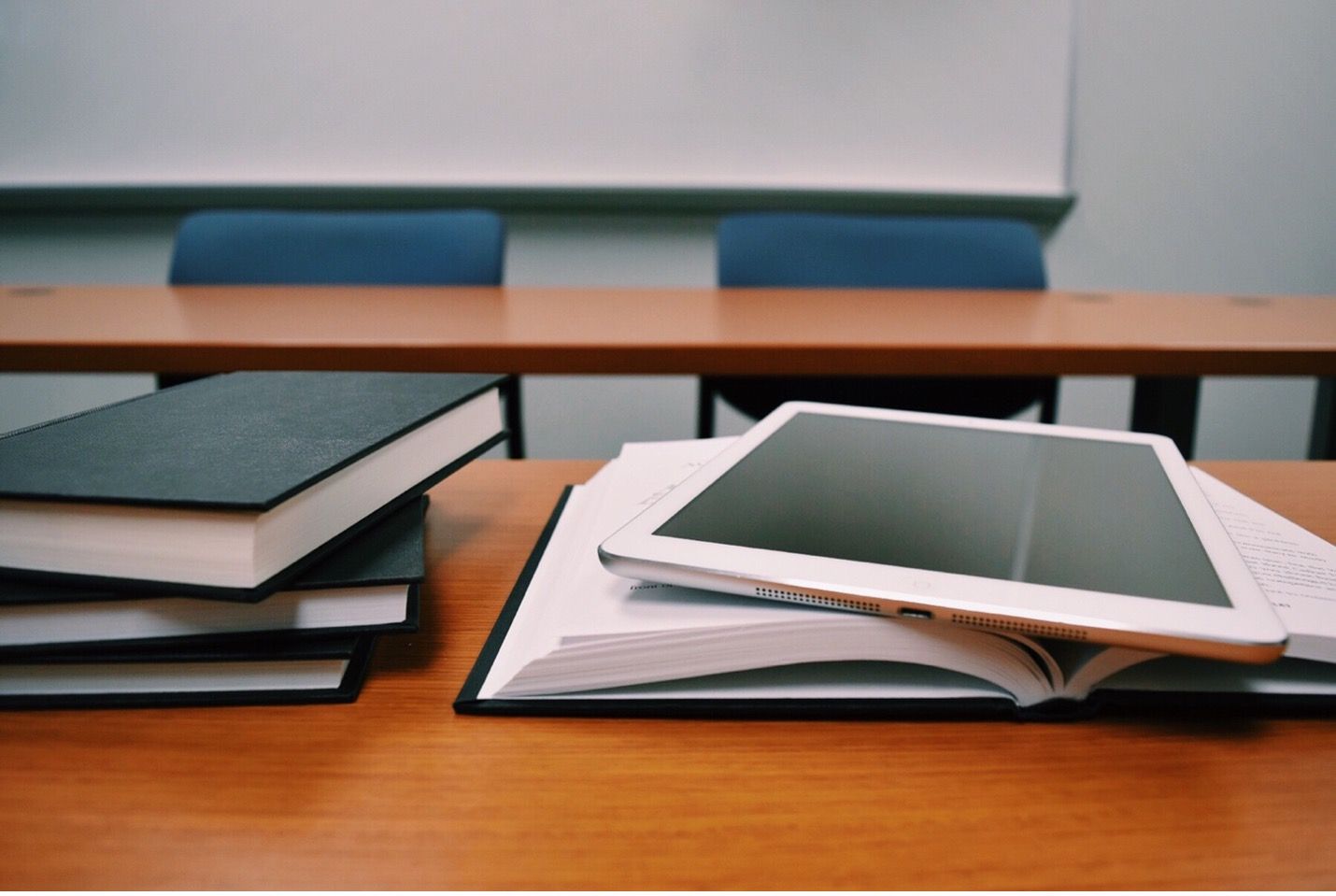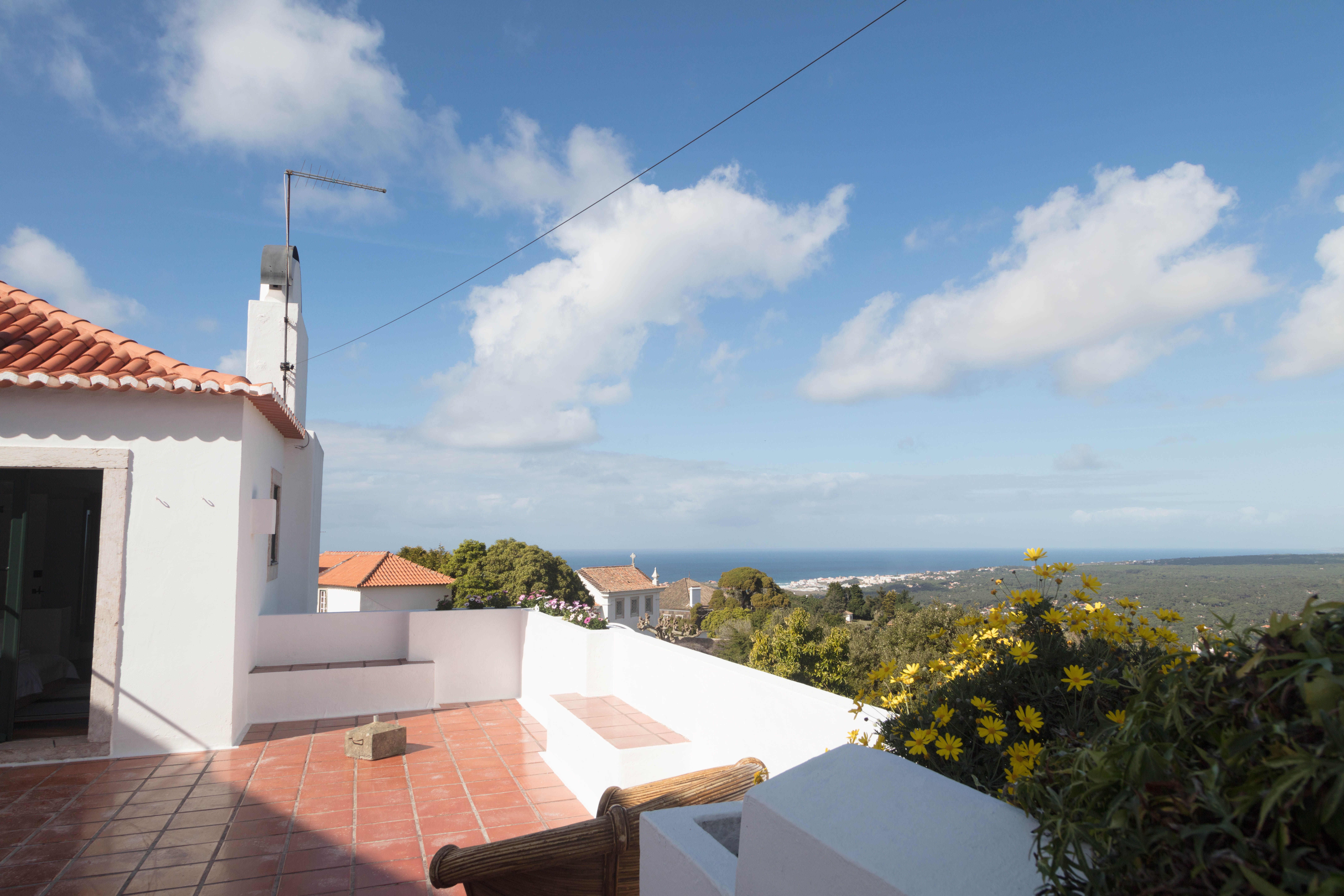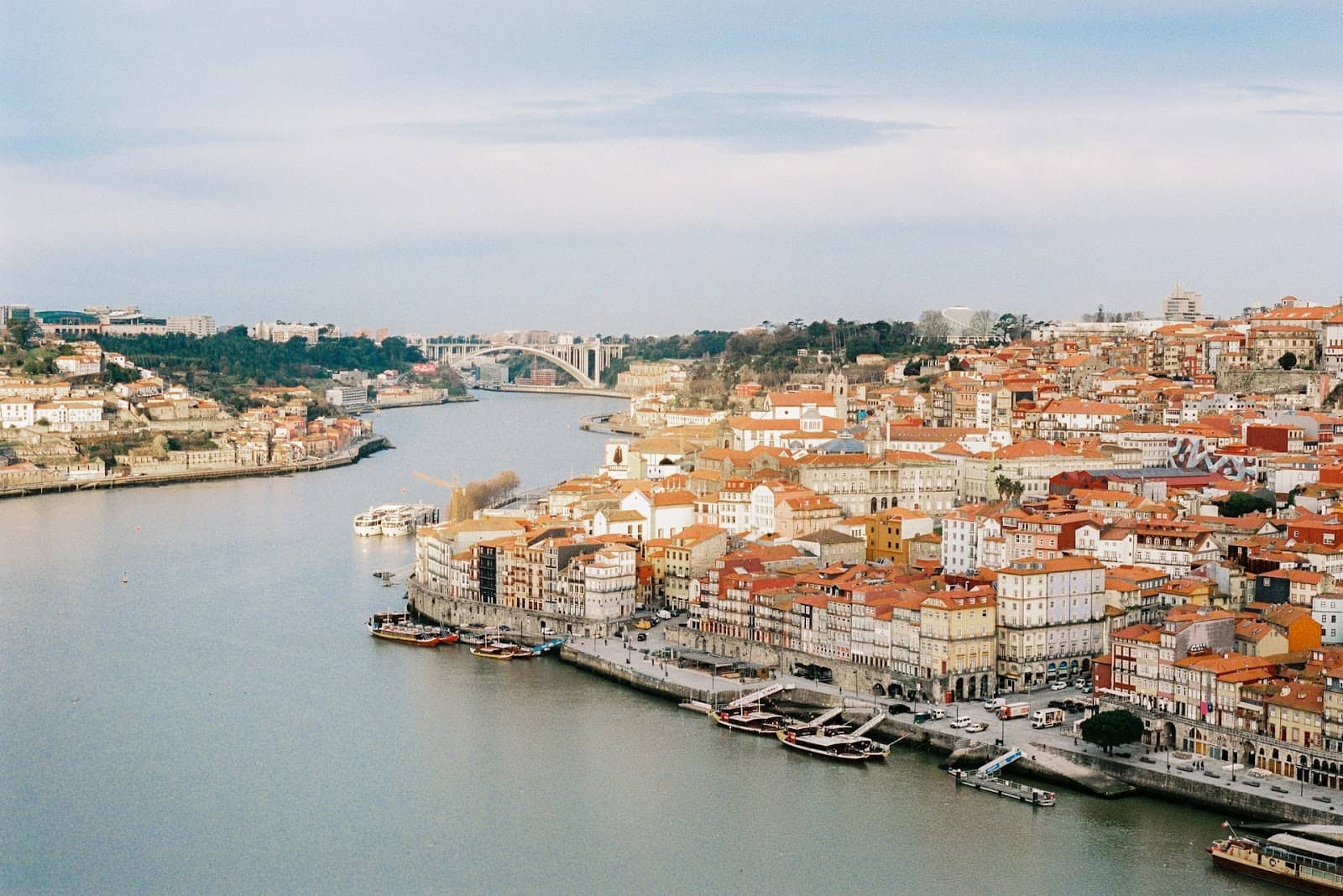Portugal has a lot to offer, including opportunities for employment and business. Those with families will be pleased to discover that the country's educational system is of the highest caliber.

Family & Pets Relocation to Portugal for Expats - LandingPad

Education System in Portugal
Portugal has a top-notch educational system that gives parents a wide range of options for schools and institutions, including international schools.
The education system in Portugal is a four-stage education from kindergarten through higher education. From the age of six to eighteen, attendance in school is compulsory.
Two departments oversee the entire educational system in Portugal. Primary and secondary education is managed by the Ministry of Education (Ministério do Educação). In contrast, universities and polytechnics are under the Ministry of Science, Technology, and Higher Education (Ministério da Ciência, Tecnologia e Ensino Superior).
The Structure Of Education In Portugal
Portugal's educational system is divided into the following four stages:
- Pre-school education (Educação Pré-escolar): ages 3 to 6
- Primary education (Ensino Básico): ages 6 to 15
- Secondary education (Ensino Secundário): ages 15 to 18
- Higher education (Ensino Superior): ages 18 and above
Nurseries (Infantários) and Pre-school (Pré-Primária)
In Portugal, nurseries are referred to as infantários or creches. The nurseries accept kids from four months, after maternity leave finishes, up to three years old. Private nurseries predominate in Portugal. The few publicly funded nurseries in the nation are managed by Social Security and often only provided to low-income families or families with special children.
In Portugal, attending kindergarten or preschool is not required. Pre-primária or Jardim de Infância are the names for this grade level. Children begin kindergarten at age three and complete when they are ready to enter primary school at age five or six.
Preschools can be found both publicly and privately around the nation. Their teaching is on social, affective, cognitive, psychomotor, and moral development, taught through five hours of educational activities. However, the exact format will vary slightly from school to school.
Costs Of Preschool
Public Preschools are free. This is because of the limited number of openings. Emphasis is given to kids between the ages of four and five and kids who face social disadvantages (such as disabilities or kids of young, unmarried parents). The cost for private kindergartens or preschools can range from 300 to 400 EUR per month.
Primary School Education
Children must enroll in primary school when they are six years old. Primary schools in Portugal consist of three "cycles" or fundamental education stages. Grades one through four are included in the first cycle (Ensino Básico – 1º Ciclo). For the duration of this cycle, which is four years, just one teacher is in charge of instructing students.
Grades five and six are included in the second cycle (Ensino Básico - 2º Ciclo). Different teachers are in charge of teaching a wide range of subjects over this two-year cycle. Grades seven through nine are included in the third cycle (Ensino Básico - 3º Ciclo). In this cycle, one teacher is in charge of teaching the designated subject area during this three-year cycle.
Studying for a career is also covered in this cycle. Children receive a certificate of completion after they complete the third stage of their primary education.
Secondary School Education
Students must have a diploma of basic school education to be admitted to secondary education. This stage lasts three years, from grade 10 to grade 12. Students can enroll in either a career-oriented stream (Cursos Profissionais) or a science-humanities program (Cursos Científico-Humanísticos).
Those who pursue the Cursos Profissionais program study to earn trade certifications. This will give them direct entry into IT, design, hospitality employment, among others.
Cursos Científico-Humanísticos streams, on the other hand, are more scholarly and cover topics including the humanities, sciences, visual arts and economics.
The third option allows students to enroll in a specialist artistic course (Cursos Artísticos Especializados) to pursue a profession in the arts.
Higher Education
Portugal's higher education is renowned across the world. Along with having some of the best universities in the world, Portugal is also home to several notable polytechnic institutions that concentrate on educating students for particular career paths.
Although there is substantial overlap, universities and polytechnics grant degrees in engineering, management, and the humanities. Some disciplines are only taught at universities or polytechnics.
Portugal's higher education system is separated into two components:
- University: Bachelor's, master's, and doctoral degrees are available from Portuguese universities. These institutions of higher learning concentrate on theoretical teachings and research.
- Polytechnic: Polytechnic institutions in Portugal provide undergraduate and graduate degree options. They provide education and preparation for a certain field.
What Distinguishes Public Schools From Private Schools?
Public schools in Portugal receive state funding. Therefore, all Portuguese nationals and children of non-residents are entitled to free public education. Over time, the standard of instruction in public schools has increased. However, problems like an aging teaching force and poor graduation rates continue to affect some public schools.
In Portugal, private schools are considered of higher quality than public ones. Private schools frequently have stricter requirements for school hours, attendance, and adherence to school regulations. Parents may decide to enroll their children in private schools to give them access to a stricter and more demanding learning environment.
Financial Aid, Grants, and Scholarships
Children from low-income homes in Portugal are eligible to request government aid. Ação Social Escolar (ASE), sometimes known as financial aid, is something parents can apply for through their school. Students attending private or international schools may apply for grants to aid with tuition costs. Parents should get in touch with the school for detailed information about scholarships.
With 50,000 students expected each year, Portugal's educational standards, academic excellence, low cost, and opportunities for professional growth continue to draw students from around the world to study there. Even as international students, you can apply for government scholarships to support your education. Because of Portugal's wonderful climate, magnificent architecture, and spectacular coastline, people may find employment there.
Enrollment and acceptance into all schools depend on registration, waiting lists, and neighborhood preference. You should get more detailed information on the specific area and enrollment criteria from experts.


